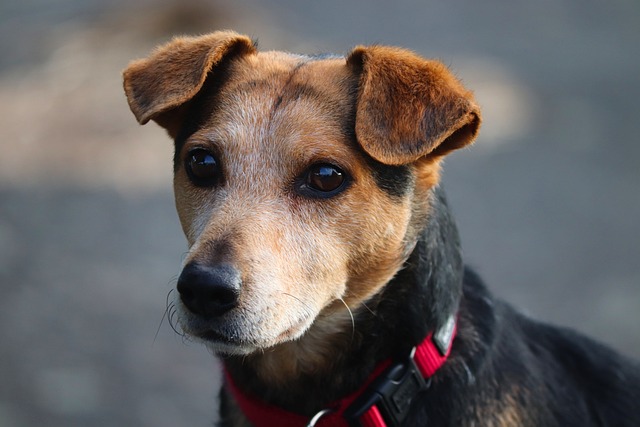
Do dogs with distemper eat?
Watching your dog fight through distemper is one of the hardest things a pet parent can go through. The virus hits them hard, and one of the first things you’ll notice is a change in their eating habits.
Can used coffee grounds hurt dogs? It’s a question that pops up for new dog owners in the US, especially those who hate wasting household scraps. You might’ve heard they’re good for gardens, but when your curious pup sniffs around the trash can, it’s natural to worry. The short answer: yes, used coffee grounds can be risky, and here’s why.
Coffee, whether fresh or used, contains caffeine—a stimulant that’s toxic to dogs. Their bodies can’t process it like humans can, so even a small amount can cause problems. Think of it like how chocolate affects them, but with a different chemical. A friend’s cocker spaniel once got into a bag of used grounds from her morning brew; within an hour, he was shaking and vomiting. The vet said it was caffeine poisoning, and he needed treatment to flush it out. Puppies are even more vulnerable because their small bodies can’t handle as much, so that half-cup of leftover grounds in your sink could be dangerous.
To keep your dog safe, store used grounds in a sealed container, not an open trash bin. If you compost, make sure the bin is dog-proof—burying them deep isn’t enough for a determined sniffer. If you suspect they’ve eaten some, watch for signs like restlessness, rapid breathing, or diarrhea. Call your vet right away; don’t wait for symptoms to get worse. And while we’re on the topic, keep coffee beans, tea bags, and energy drinks out of reach too—they all have similar risks.
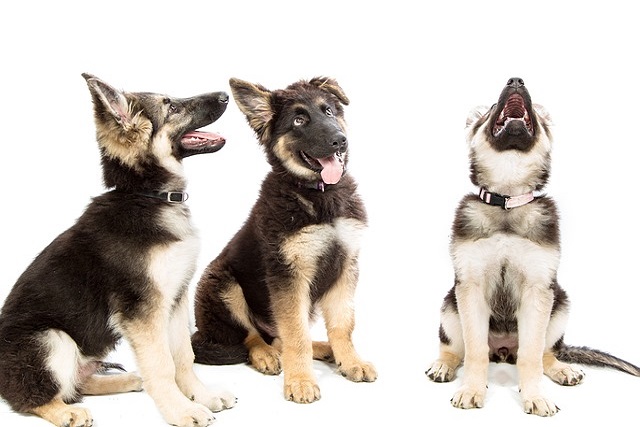
Legally, keeping your dog safe from toxins ties into responsible pet ownership. In states like New York and Illinois, neglecting to protect your pet from harmful substances could be considered animal cruelty. And don’t forget the basics: staying on top of rabies vaccines and other required shots is non-negotiable. When you’re out walking, cleaning up after your dog isn’t just a courtesy—it’s the law in most cities, with fines that can hit $250 or more.
Culturally, Americans believe in preventing harm rather than punishing mistakes. If your dog gets into coffee grounds, scolding them won’t help—they won’t connect the punishment to the act hours later. Instead, use positive reinforcement to encourage good behavior: praise them when they ignore the trash can, and offer a toy to redirect their curiosity.
In apartments, where space is tight, storing hazardous items safely is key. Keep coffee grounds (and other toxins like xylitol gum) in high cabinets, not under the sink. When walking in the community, be mindful of what your dog sniffs—someone’s discarded coffee cup could be a hidden danger. Keeping them on a short leash helps you steer them away from trouble.
Used coffee grounds might seem harmless, but they’re one of those everyday items that can hurt your pup. With a little caution—storing them safely, knowing the signs of trouble, and sticking to local laws—you can keep your dog healthy and happy, whether you’re sipping your morning joe or out enjoying a walk.

Watching your dog fight through distemper is one of the hardest things a pet parent can go through. The virus hits them hard, and one of the first things you’ll notice is a change in their eating habits.
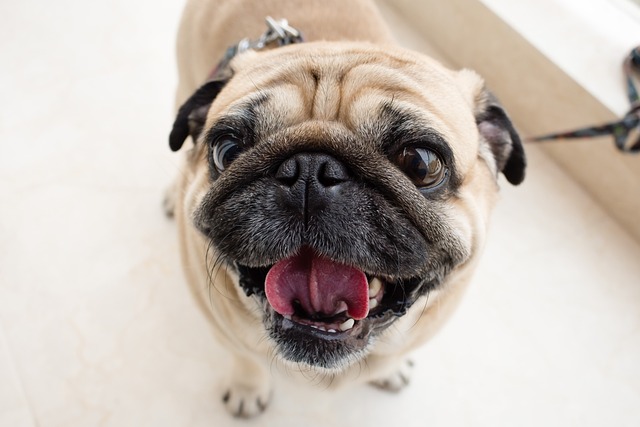
Watching your dog struggle with health issues is one of the hardest parts of being a pet parent, and when liver failure comes into the picture, panic can set in fast.
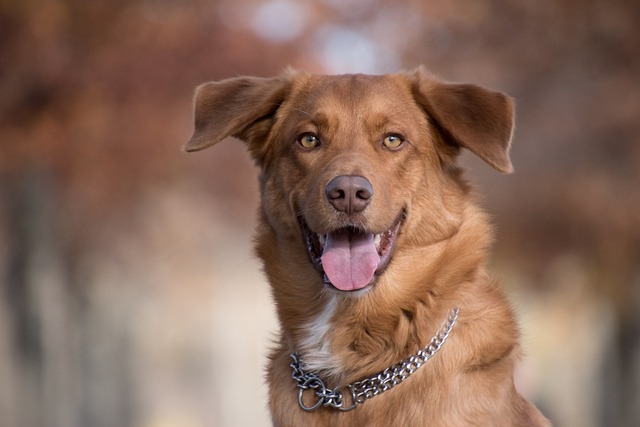
When you share your home with a large dog—whether it’s a gentle Great Dane, a playful Labrador, or a loyal German Shepherd—you quickly learn to cherish every moment.
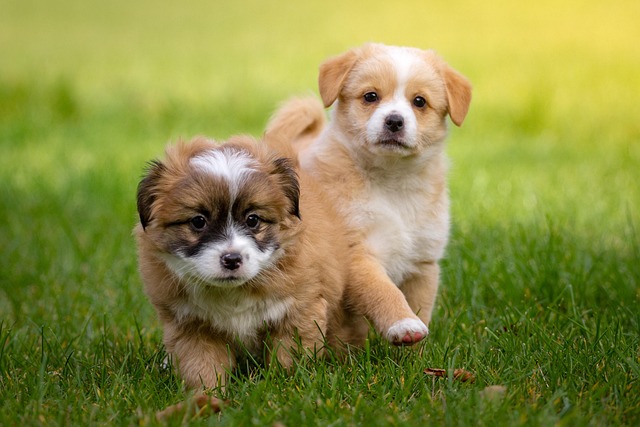
If you’ve ever caught a whiff of your dog’s breath during a snuggle session and winced, you’ve probably considered dental treats as a quick fix. New dog owners
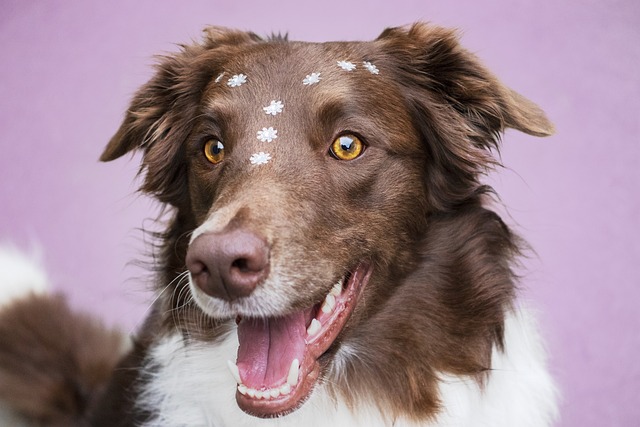
If you've ever seen your energetic pup looking listless, with dry gums and sunken eyes, you might be dealing with a dehydrated dog. For new dog owners in the US
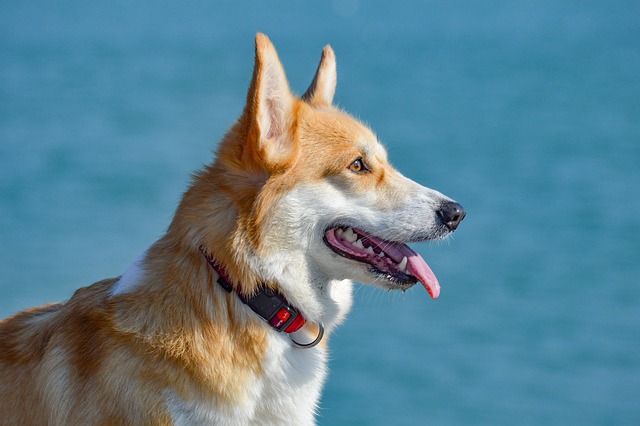
Can I feed my dog homemade dog food every day? It’s a question many new dog owners in the US ponder, especially after watching their pup turn up their nose at kibble.